When you own animals, your most likely going to run into a pest of some sort sooner or later. The decision then becomes whether or not to handle it with traditional drugs or natural remedies.
If I can, I try to go the natural route, but sometimes in the moment of discovering a pest and being disgusted by it, I have chosen to go the traditional way to remove the problem ASAP.
**FINALLY, A Smart Coop For Chickens (CLICK HERE)**
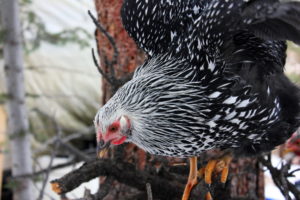
The more I learn about natural verses traditional, the more I try to go with a natural remedy. When your animal contracts a pest of some sort, it’s a sign that something is out of balance and you need to look at either their environment or diet to see what could be the issue, or what could be improved. When you choose to go with traditional methods, though it may work in the short term it’s most likely also damaging your animals natural gut flora. What is better for the animal is to improve their gut flora or “internal army” to help them fight whatever is ailing them. This is where naturally remedies can be more beneficial, helping to support the immune system and help it to fight back.
Signs Of A Problem
Weight loss, poor coat, odd behavior, loose stool, anemia, coughing, lethargic, extreme itchiness and rubbing, bald patches. You’ll want to either separate an infected animal from the herd, or plan on treating everybody at once to make sure the problem is completely gone.
External Parasites
Lice
These are probably the most common pest you’ll come across, generally in the spring and fall. They range from biting, sucking, and chewing lice, and should be visible to the naked eye. They like to hang out near the skin and are one of the most common pests among goats. Luckily, they are also species specific so goat lice will only attack goats, chicken lice will only attack chickens, etc.
Symptoms: dandruff, itchiness, bald patches from excess itching or rubbing
Natural Remedies:
Shave: With goats in the summer you can shave their coat which exposes the lice to sun and kills them.
Pure Sulfur/Food Grade Diatomaceous Earth: You can create a mixture of half sulfur, half DE and sprinkle it on your animals about once a week or until the pest is gone. In my experience, one good dusting over their body seems to do the trick, then I just check every now and then to see if the problem has returned. Sprinkling it around you animals’ environment will also help.
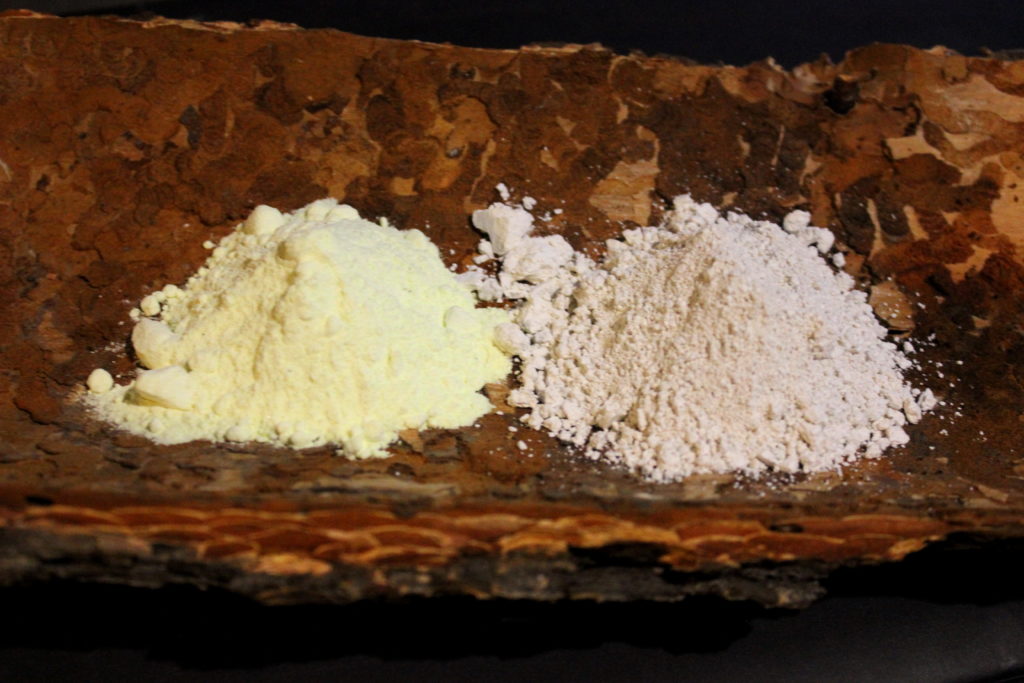
Mites
There’s a variety of different mites out there that cause different reactions including the horrible mange mites. Many times, mites can be introduced by wildlife such as birds. It’s not common for people to catch mites from animals but be sure to use caution when handling an infected animal. Treatment should be aggressive in order to get rid of it.
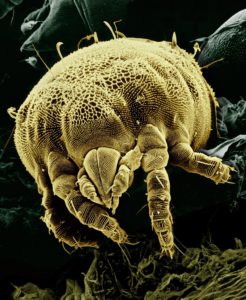
Symptoms: thickening skin, hair or feather loss, scaly lesions, itchy, scabs, pustules, raised scales on chickens’ legs.
Natural Remedies:
Sulfur/Lime Dip: I had a goat that started losing hair on his stomach and armpits. I’m not positive what caused it but bathing him in a sulfur/lime dip bath took care of the problem and his hair grew back. Often times I’ll bathe any new goats I get in the dip to make sure that they are free from any external pests.
Petroleum Jelly: For scaly leg mites on chickens, try apply either petroleum jelly or some sort of oil every 2-3 days, for several weeks or until gone.
Mineral Oil: This is a useful one if you animals has ear mites. Apply a few drops and massage infected ear once daily, first cleaning the ear our before each application. Continue until problem is gone as the oil smothers and suffocates the mites.
Ticks/Biting Flies/Mosquitoes
This shouldn’t be a huge problem for chickens, especially if they free range. Here’s what you can do for your other critters.
Symptoms: Bite wounds, visible ticks on your animal
Natural Remedies:
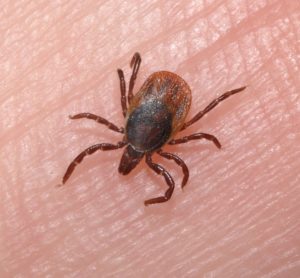
Tick Removal: Look your animal over thoroughly and careful remove any ticks you find either covering the bugs body in petroleum jelly until it suffocates and comes out, or take a pair of tweezers, grip the head near the skin, gently flipping the tick on it’s back, and gently tugging until it comes out. Make sure when it comes out that the head came with it, otherwise there’s a risk of disease and infection.
Environment: Make sure your animals’ areas are clean as possible so that their waste isn’t attracting flies. Keeping grass short should keep ticks at bay.
Essential Oils: These can act more as a repellent to repel those unwanted pests. The most common ones used against bugs include lavender, lemongrass, and citronella but there’s others that work too. I use a small spray bottle with a few drops of each oil, and then spritz each animal daily on their back and sides. Note that some animals are sensitive to the use of essential oils and can have allergic reactions to it. Try it out in a small dose to ensure your animals are okay with it and avoid getting it on their face. At best I’ll spray my hand and rub some on their ears, but that’s as far as I go. I would not recommend using essential oils on chickens at all as birds can be ultra-sensitive to strong smells, maybe instead consider a dry herb mixture to sprinkle around the coop.
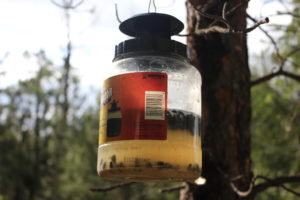
Fly Traps: Putting fly traps near your animals’ areas can hopefully help to bring down the population of flies. We’ve had the best luck with the plastic fly traps you fill with water and a stinky mixture, flies go in, but they can’t get out and drowned. They can also be reused, just dump out the old stuff and replace it with fresh water and a new stink packet. The fly ribbons work poorly but may be a less smelly option in an area you’re going to be in frequently.
Internal Parasites
Roundworms, Tapeworms, Flukes, etc.
There’s a variety of internal parasites that can cause your animal distress. I pretty much would use any of the below remedies for all of them.
Symptoms: Weight loss, rough coat, loose stools, coughing, odd or lethargic behavior, anemia, poor appetite. A common way to check if your grazing animal has a parasite over load is to check their eyelids. If their eyelids are really pale vs red or dark pink then they likely have a heavy worm load.
**Finally, Smart Grow Systems – Worry Free Growing (CLICK HERE)**
Natural Remedies:
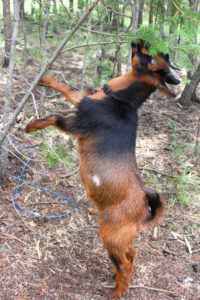
Pine Needles- I’ve seen this one at work first hand when I bought a new goat. Her stools looked normal until I started including her on our mountain walks where she ate the fresh pine along with the other goats. After about a day or so her stools became soft and more human like, and you could see little white worms in it. After about a week or so of the walks and eating pine needles, her stools returned back to normal and she was worm free! Whenever we trim our pine trees, I’m sure to toss the branches in the goats for them to nibble on.
Sulfur/Food Grade Diatomaceous Earth: There’s controversy on whether or not sulfur is any good against internal parasites, I would think it helps. You can find sulfur blocks in your local feed store for livestock. Sulfur is important for healthy hair and hooves and the development of bones, tendons, and cartilage. But also note that it’s possible to get too much sulfur in your animals’ diet and can make them sick so use with caution. DE is said to be able to help scrape the parasites off the intestinal track of animals, just don’t use long term. At best, on a once a week basis I’ll use about a tablespoon for each of my goats mixed in grain, or 1-2 tablespoons mixed in my chickens’ feed.
Herbal Blends: You can buy herbal blends meant for internal pest control, or find a recipe to mix yourself. These mixes generally contain things like fennel, garlic, pumpkin seed, wormwood, black walnut . . . I use this mainly before my goats are bred, or after they’ve kidded. You could also use it in the spring and fall when parasites are most common.
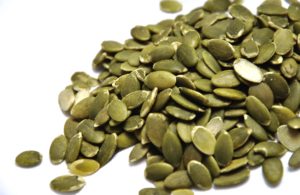
Pumpkin Seeds: Pumpkin seeds contain a compound that paralyzes parasites and causes them to detach from the stomach wall so that they can be passed. I give my goats roughly a tablespoon of seeds each on a regular basic. They love it!
Ultimately, whether internal or external, your best defense against parasites and pests are a healthy diet and clean environment. If your animals’ situation is severe, or a natural remedy is not working, then by all means don’t hold back on using traditional methods if it’s going to help that animal.
Picture of mite, tick, & pumpkin seeds from Pixabay

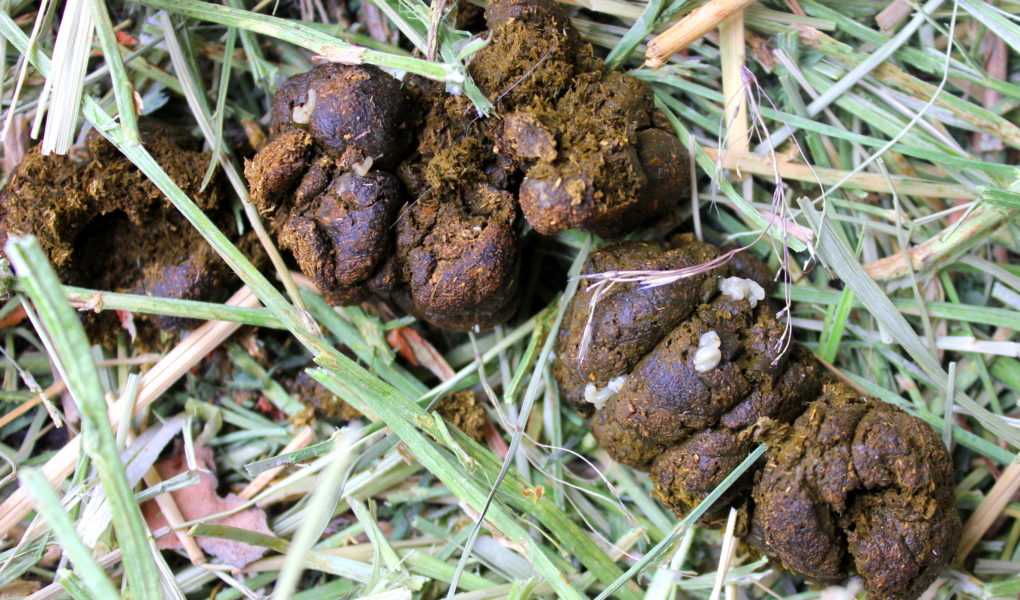
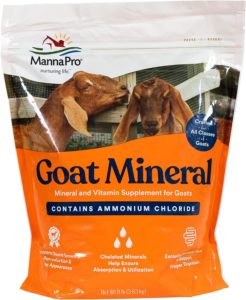
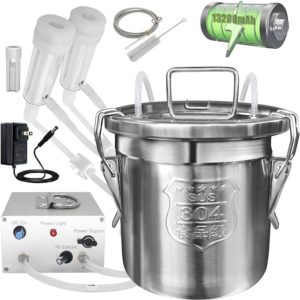
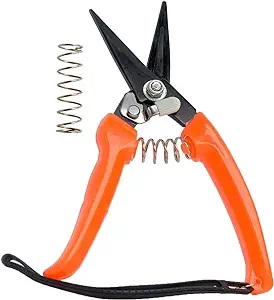

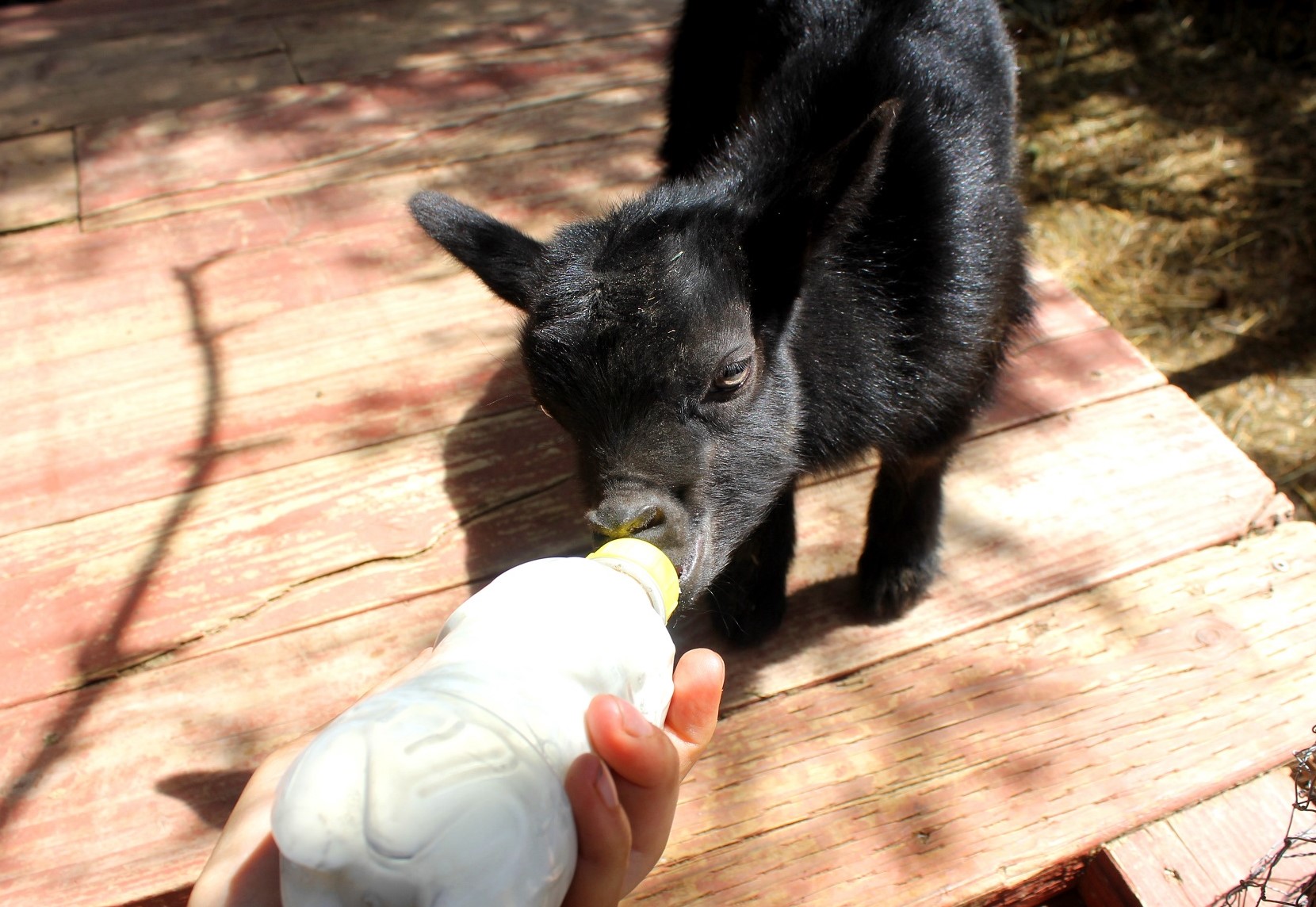



I like your idea of dealing with pests in a natural way as it is safe for both the environment and human beings. I will implement these Eco-friendly ideas for pest control.